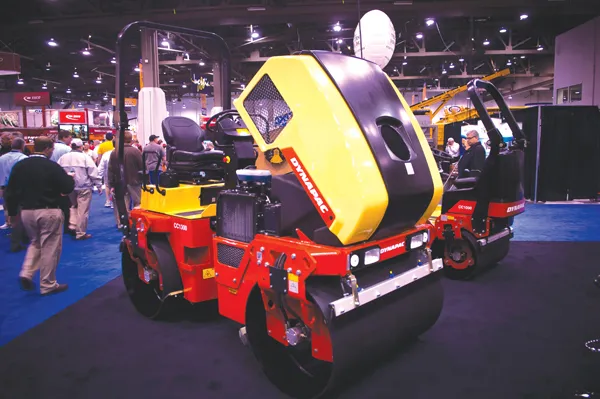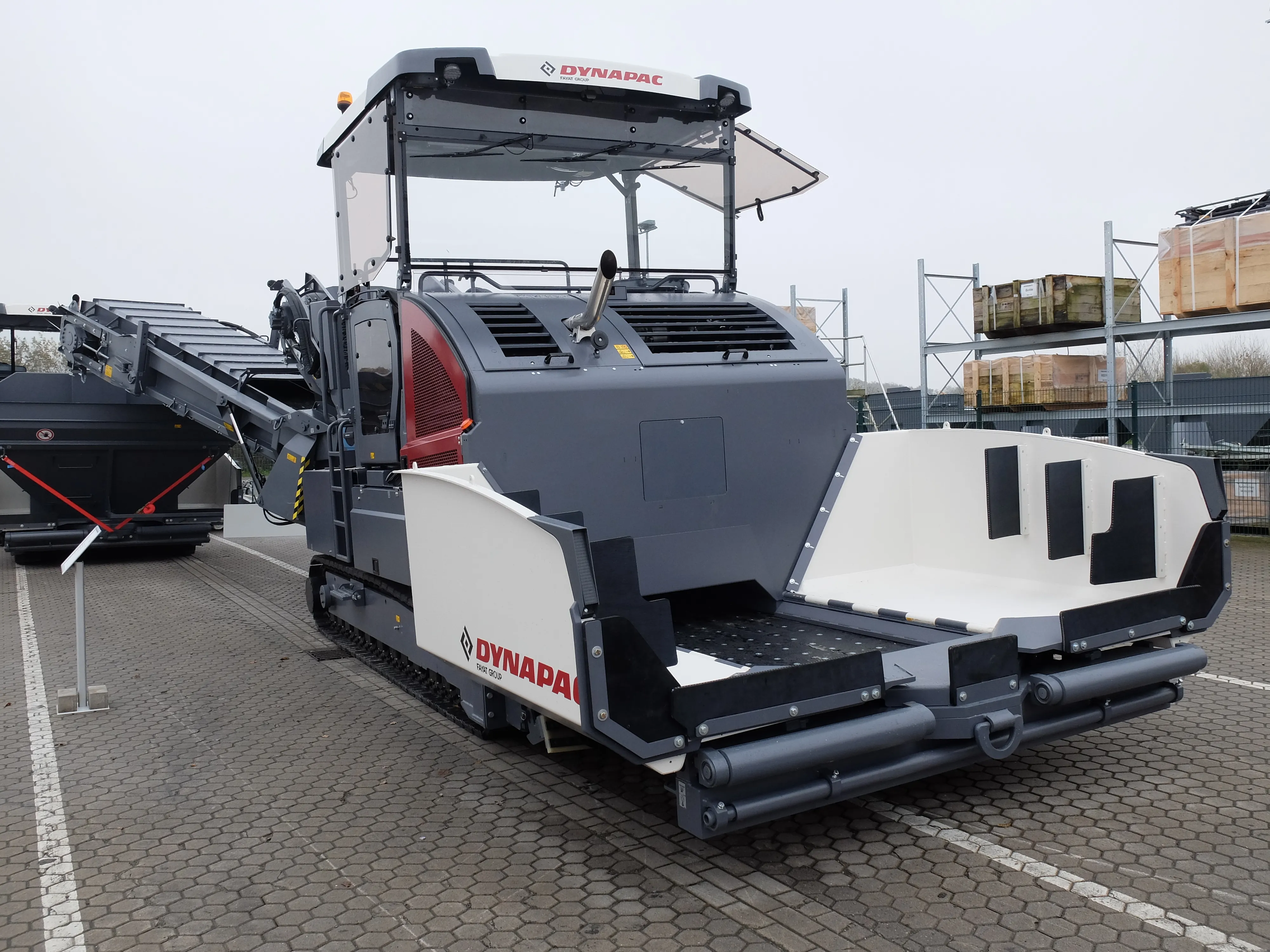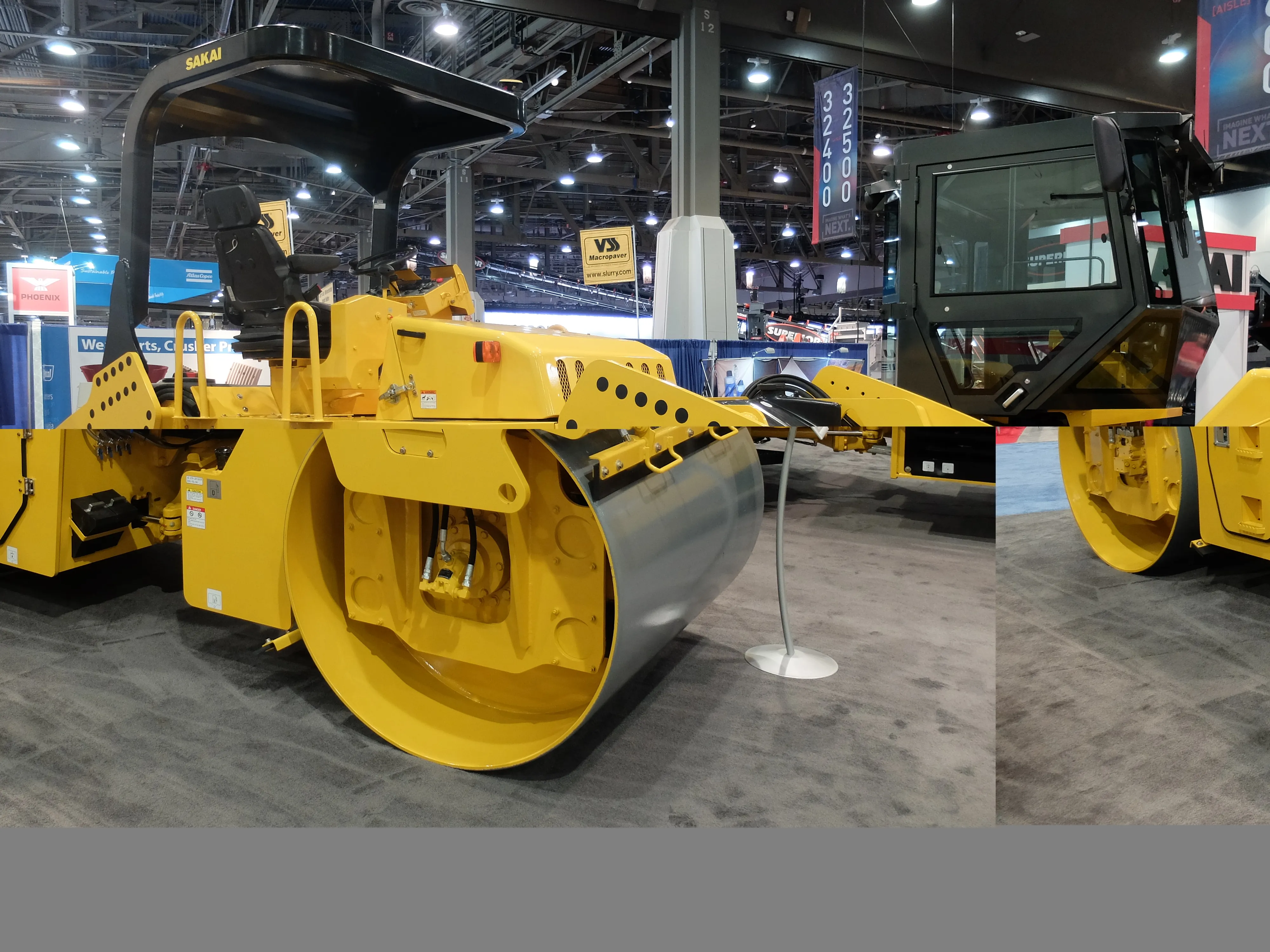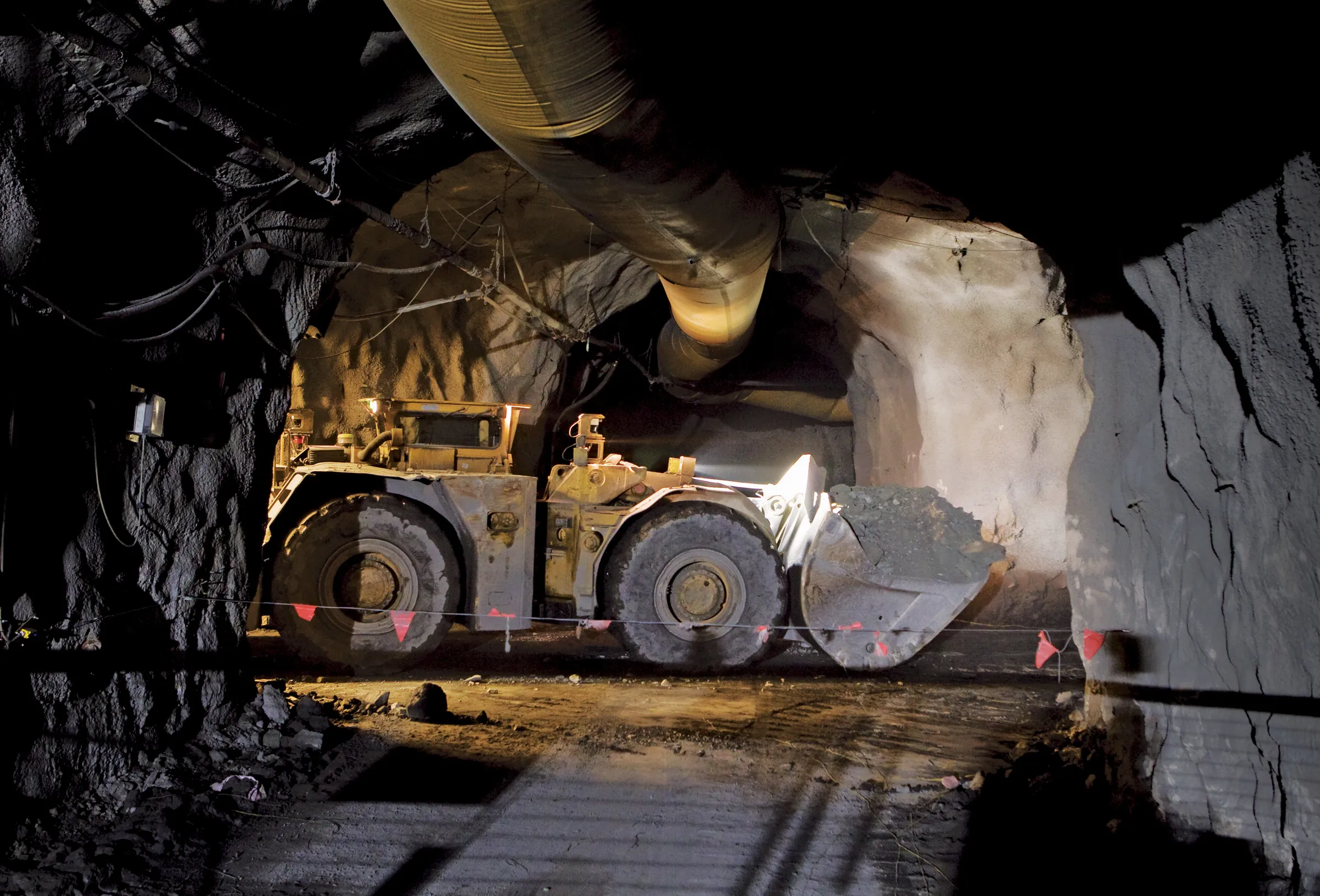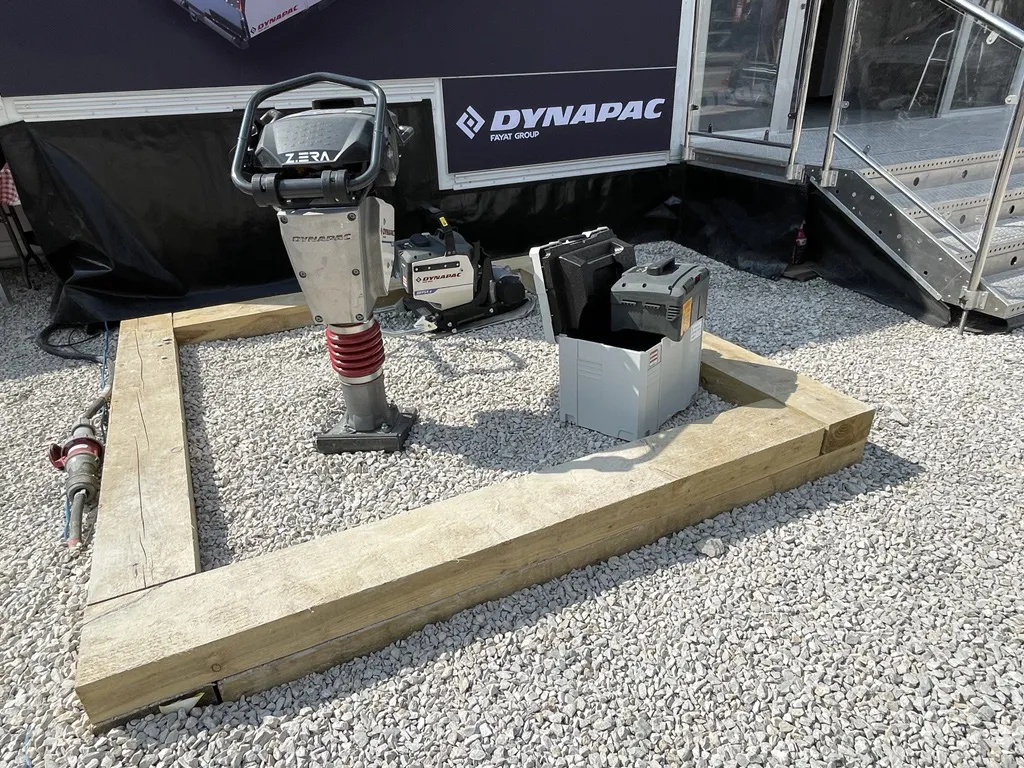
The Electric Forward Plates come equipped with the innovative Battery OneTM system, a universal battery that can be used across all machines in the lineup. This feature simplifies logistics, reduces downtime, and allows operators to quickly swap batteries between devices, maintaining smooth and continuous operations. The robust construction of these machines ensures they can handle a variety of tough applications, reducing the frequency of replacements and enhancing operational efficiency.
Another major advantage is the maintenance-free design of the electric machines. With fewer moving parts than internal combustion engines, the Electric Forward Plates experience fewer breakdowns and require less maintenance. This design reduces the need for serviceable components and consumables like oil, filters, and spark plugs, ultimately contributing to a longer operational life and further decreasing the need for frequent servicing.
From an economic perspective, the Electric Forward Plates offer a better long-term return on investment. The reduced fuel and maintenance costs lower the total cost of ownership, making them a more cost-effective option compared to traditional machines. Increased productivity is another benefit, as less downtime for refueling and maintenance translates to more productive hours on the job, enhancing overall efficiency and profitability. Moreover, using emission-free equipment helps businesses comply with environmental regulations, avoiding potential fines and reputational damage.
Three new machines and the specials DFQ7AX e and D.Round e will be available Q3.
Content produced in association with Dynapac


